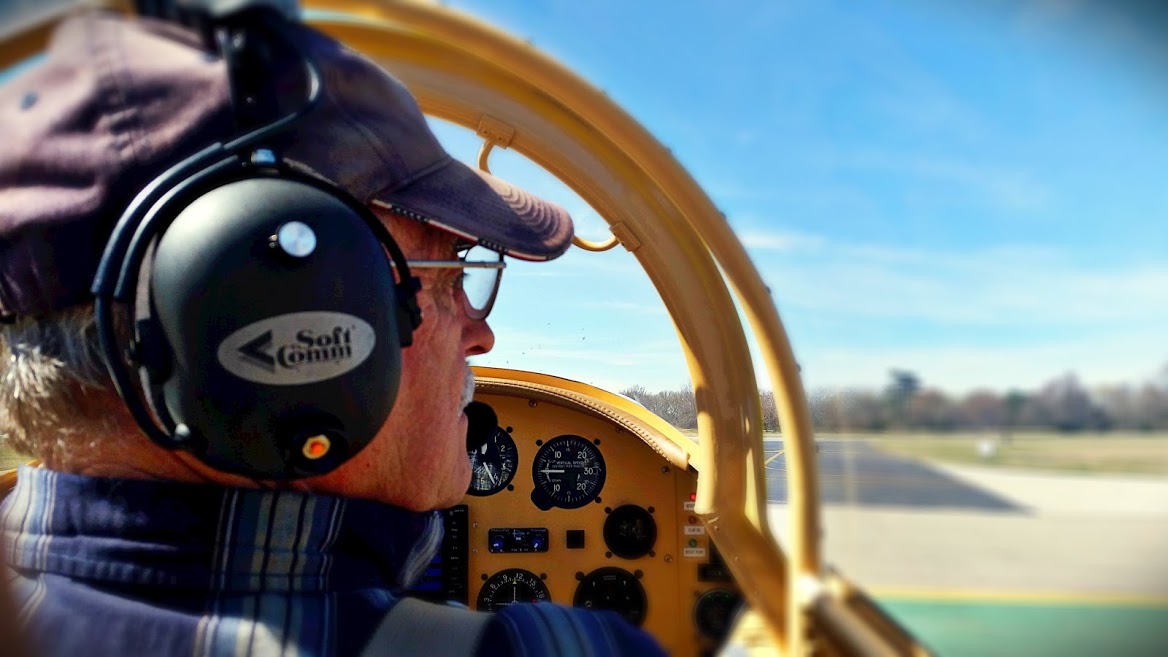
To become a commercial pilot, you must have accrued a minimum of 250 flight hours and satisfy all others FAA requirements.
As a commercial pilot, you may act as a pilot in command of an aircraft that is carrying passengers or property for compensation or hire and may be paid to act as a pilot in command.
This is the first step to earning some money while flying and a big step towards an Airline Transport Pilot’s license if flying airlines are your ultimate goal.
After earning your Commercial Pilot Certificate, you can become a Certified Flight Instructor, tow banners, fly skydivers, patrol pipelines and roads, provide discovery flights, sightseeing tours, ferry flight someone’s else aircraft, and much more.
FAA Requirements to Obtain a Commercial Pilot Certificate (Summary)
- Be able to read, write, and converse fluently in English
- Be at least 18 years of age
- Hold at least a current third-class FAA medical certificate. Later, if your flying requires a commercial pilot certificate, you must hold a second-class medical certificate.
- Hold an instrument rating. A commercial pilot is presumed to have an instrument rating. If not, his/her commercial pilot certificate will be endorsed with a prohibition against carrying passengers for hire on day VFR flights beyond 50 NM or at night.
- Receive and log ground training from an authorized instructor or complete a home-study course
- Pass a knowledge test with a score of 70% or better. The instrument rating knowledge test consists of 100 multiple-choice questions selected from the airplane-related questions in the FAA’s commercial pilot test bank.
- Accumulate appropriate flight experience and instruction (see FAR 61.129). A total of 250 hours of flight time is required.
- Successfully complete a practical (flight) test given as a final exam by an FAA inspector or designated pilot examiner and conducted as specified in the FAA’s Commercial Pilot Practical Test Standards.






